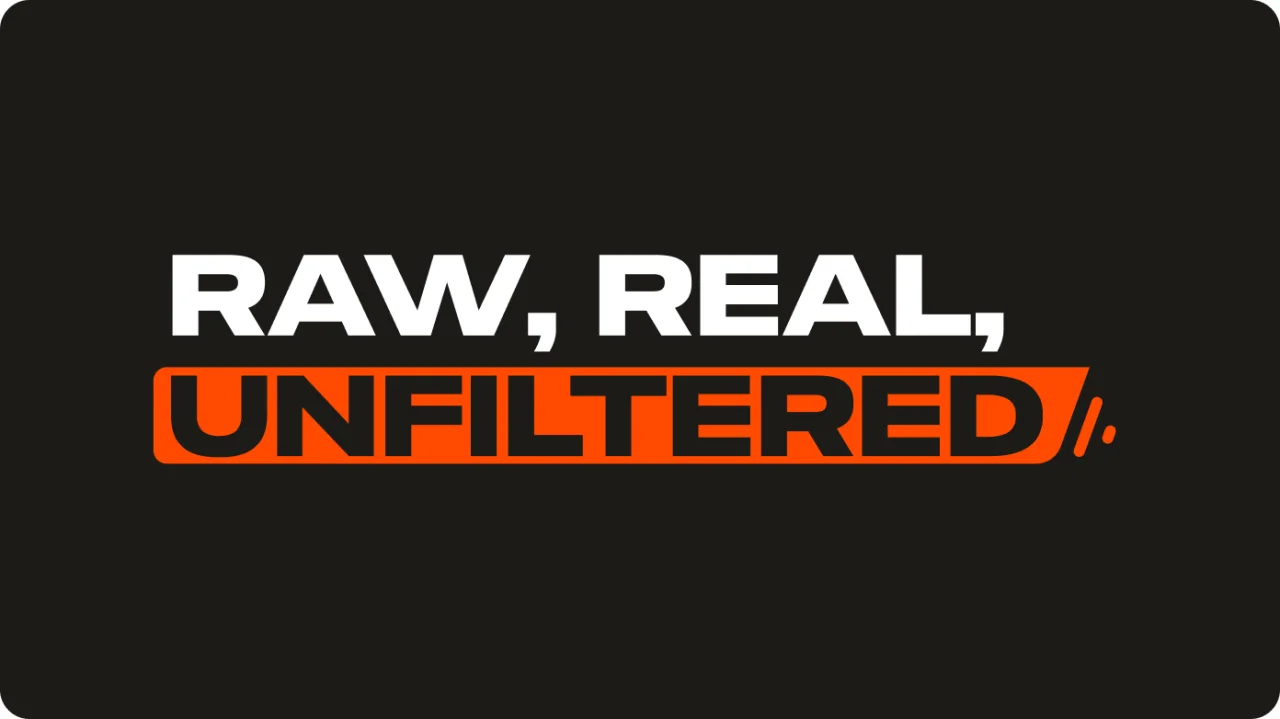Business Management
When You Can’t Afford a CPA
DIY Tax Tips for the Self-Funded Entrepreneur
AUTHOR
PUBLISHED

Knowing how to do taxes for small business isn’t just about following rules; it’s about taking ownership of your business.


Key Takeaways

GET BIZEE PODCAST
Join us as we celebrate entrepreneurship and tackle the very real issues of failure, fear and the psychology of success. Each episode is an adventure.

